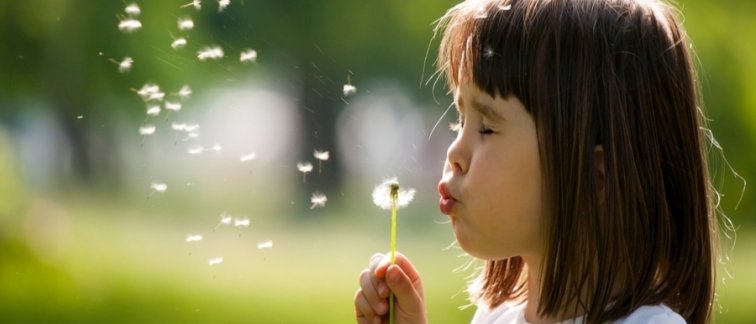This study investigated the long-term cancer risk of children conceived using assisted reproductive technologies (ART). A large nationwide cohort study of 89,249 children, of whom 51,417 were ART-conceived and 37,832 were non-ART conceived from subfertile couples (i.e. conceived naturally, through fertility drugs, or after intrauterine insemination (IUI), but not by ART). All live-born offspring from women treated with ART in 1983-2010 and subfertile women not treated with ART in 1980-2001 were identified through the Personal Records Database. Information on the conception method of each child was collected through the mother’s medical record, in one of the 13 participating IVF clinics or two regional hospitals. Information about potential confounding factors were collected through either a risk factor questionnaire filled out by the mother or through linkage with the Dutch Perinatal Registry. Cancer incidence was ascertained through linkage with the Netherlands Cancer Registry from January 1, 1989 until November 1, 2019. Cancer risk in ART-conceived children was compared with risks in children not conceived by ART from subfertile couples (hazard ratios [HRs]) and children from the general population (standardized incidence ratios [SIRs]).
In total, 358 cases of cancers were observed after a median follow-up of 18 years. Overall cancer risk was not increased in ART-conceived children, neither compared with children not conceived by ART from subfertile couples (HR=1.06, 95% confidence interval [CI]=0.84-1.33) nor compared with the general population (SIR=0.96, 95%CI=0.81-1.12). In addition, children born after in vitro fertilization (IVF) or frozen-thawed embryo transfer (FET) were not at increased risk of cancer. However, children conceived by intracytoplasmic sperm injection (ICSI) were at slightly increased risk of cancer (HR=1.58, 95%CI=1.09-2.31), which was mainly driven by an increased risk of melanoma (based on 4 cases). ART-conceived children were not at increased risk at older attained ages (≥18 years, HR=1.26, 95%CI=0.88-1.81).
Overall, ART-conceived children do not appear to have an increased risk of cancer during childhood and adolescence. The increased risk observed among children born after ICSI must be interpreted with caution as it is based on a small number of cases.
Dr. Mandy Spaan presented the results of the study at national and international conferences, i.e. WEON and ESHRE 2021. ESHRE selected the abstract for a press release. The paper is submitted to Human Reproduction.
Besides the important results gained from this study, the grant also contributed to important national and international collaborations. The OMEGA offspring cohort is embedded in an international NIH-funded consortium, led by Harvard University, on long-term health of ART children. Results of the OMEGA-offspring cohort will be combined with results from USA, Denmark and Sweden.
In the future, the cohort can be used for other health outcomes than cancer, such as school performance, mortality, diabetes and asthma, and will therefore contribute to a better understanding of the long-term health of ART children and the goal of AR&D. In 2021, Mandy received an AR&D grant (move forward grant) to investigate school performance of ART children. As academic performance is an early indicator of later wellbeing, and associated with higher income, increased productivity and better overall health in adult life, it is very important from a public health perspective to investigate school performance of ART-conceived children. Information about school performance (exam scores from both primary and secondary school, the highest achieved educational level, and attending a special needs school) will be collected from Statistics Netherlands through remote access. Differences in scores will be evaluated for conception method (ART vs. non-ART), and within ART-conceived children according to ART characteristics (IVF, ICSI or FET, ovarian stimulation, and culture medium). Results of this study will contribute importantly to the further knowledge about long-term health of ART-conceived children for gynecologists who counsel or advise subfertile couples, parents of ART children and the children themselves.


